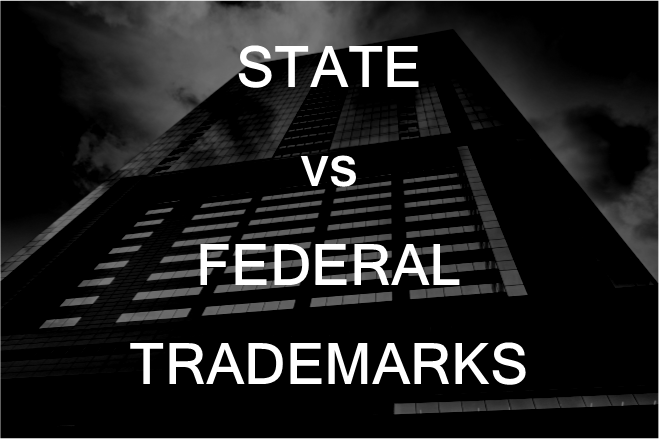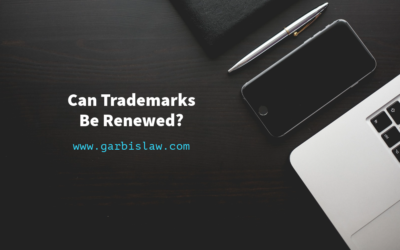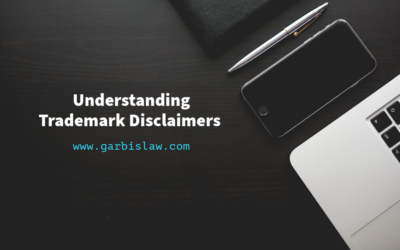The question of whether to register for a state trademark or a federal trademark is one that often comes up when you start looking at protecting your brand. From purely a cost standpoint, the state level tends to be less expensive than filing an application with the United States Patent and Trademark Office (“USPTO”) and seems like a better deal. For example, an Illinois trademark registration has a government filing fee of $10, while one at the federal level starts at $225. This, however, is one of those situations where you don’t want to make your decision purely on which option is cheaper as there are significant benefits to a federal registration. Even without registering, you will be able to claim some rights in a trademark. A state registration does not give you much more than what you already have by simply using your mark. A federal registration does.
WHAT ARE COMMON LAW RIGHTS?
Common law rights arise from the continuous use of a trademark, even without a registration. The protection the provide, however, is quite limited. Specifically, common law rights are geographically limited and only extend to the places where a trademark has been used.
Taking that definition into account, you can probably infer that a state registration wouldn’t offer you much more. A state trademark registration is limited to within the state you applied with. When push comes to shove, a federal trademark will trump a state trademark in most instances.
FEDERAL REGISTRATION GETS YOU NATIONWIDE COVERAGE
Most business these days operate at a national level. They serve customers who visit from all parts of the world, distribute their products within the United States, and many have plans to expand to more than a single area. With that said, federal registration should be on each business’ radar.
If you obtain a federal registration and expand your business into a state where a subsequent user (“junior user”) has filed a state registration for the same or similar mark, it may be possible to force that business to cease using the mark when you enter that area.
There is an exception, however. Let’s say that a state registrant is actually the first user (“senior user”) of the mark. You are the junior user, but filed for and received a federal registration. The senior user in this case, may be able to restrict the use of your mark, but only in a certain geographical area. The state registration would come in handy here as evidence of prior use. The senior user will not be able to stop the junior user with a federal trademark from expanding into any other area of the U.S., however.
A good example of this is what happened with Burger King in Illinois when it was expanding. You can read that story at this link.





